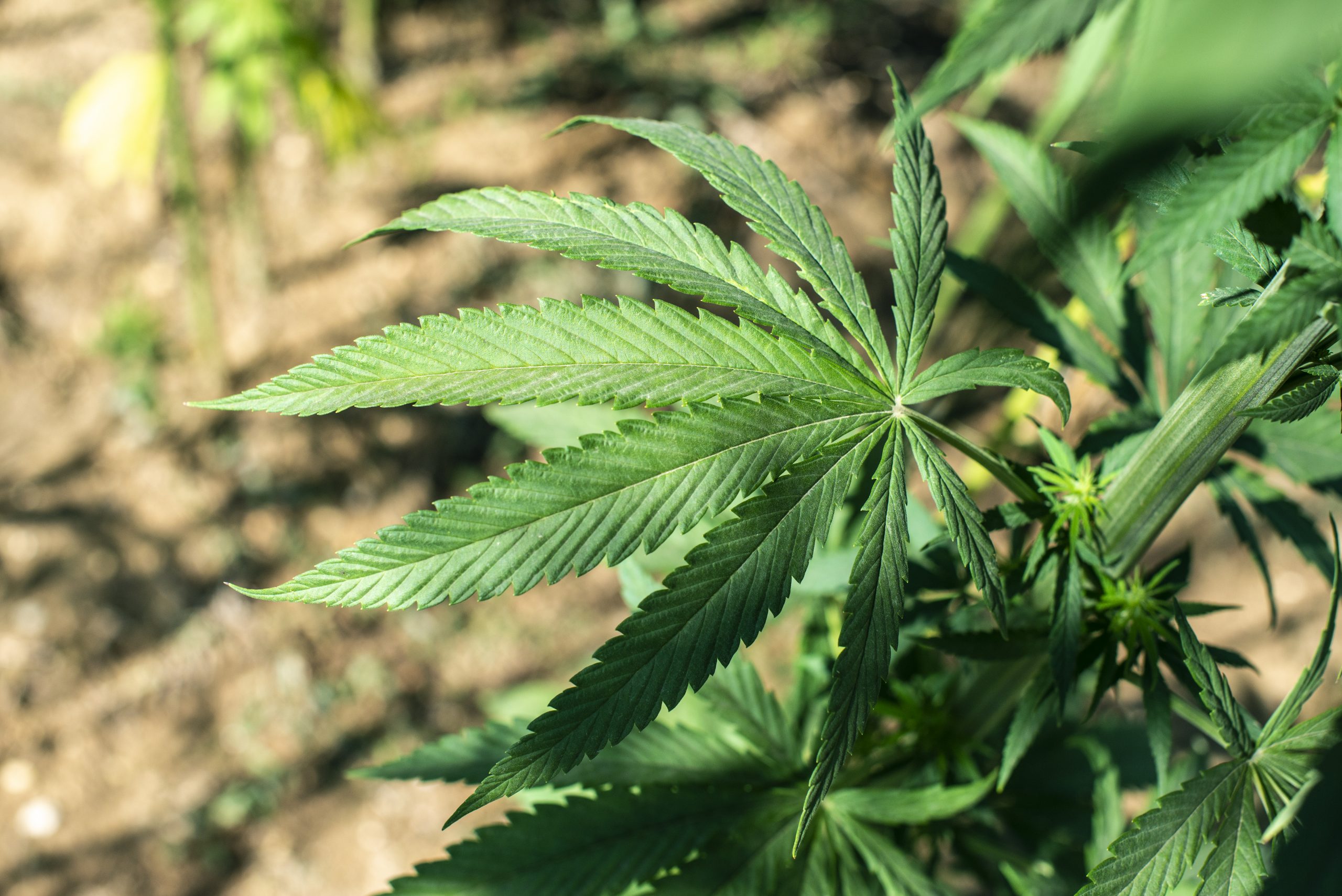
We’re now in the third week of a pandemic, which the World Health Organization (WHO) officially declared on March 11th, 2020. During that announcement, WHO Director-General, Dr. Tedros Adhanom Ghebreyesus, alerted the international community the crisis would affect every industry.
“This is not just a public health crisis, it is a crisis that will touch every sector,” Ghebreyesus said, “so every sector and every individual must be involved in the fight.”
Cannabis operators have answered the call.
An Altruistic Industry
Several cannabis companies are donating supplies to medical professionals across the U.S.
In California, Canna Craft, and SPARC, and The Commonwealth Dispensary Association in Massachusetts, for example, are just a few businesses converting operations to produce hand sanitizers to curb the market shortage.
https://www.instagram.com/p/B-SIP9UhKSQ/?utm_source=ig_web_copy_link
Jim Hourigan, CEO of Canna Craft, told MJ Biz Daily that the company began producing hand sanitizer with ingredients already on-hand and, “spare hand-pump bottles that were no longer usable for cannabis products because of packaging law changes.”
Other U.S. companies, including Jahlibyrd, have donated warehouse space to food banks. The Glass House Group, and Canopy Growth and Hexo in Canada, donated masks, bodysuits, and gloves to local hospitals.
https://www.instagram.com/p/B-H5q7Rhak7/?utm_source=ig_web_copy_link
But the Industry Needs Support, too
While many industry operators are answering the call for help, others are asking for it.
Despite surges in sales, cannabis companies still face uncertainly as the nation faces the largest unemployment rate in history.
In response, lawmakers last week passed the $2 trillion Coronavirus Aid, Relief, and Economic Security Act (CARES). The act is the largest economic stimulus bill in modern history, according to Visual Capitalist. It provides billions of dollars in aid to individuals, businesses, state and local governments, and public services. However—because cannabis remains federally illegal—none of these funds are available to cannabis companies.
The CARES Act also allows small businesses to apply for the paycheck protection program, or disaster assistance loans from the Small Business Administration (SBA). But, cannabis companies—with the exception of hemp—are again ineligible for that aid.
Built-in Defenses
Cannabis has built-in defenses against crisis, according to a webinar hosted last week by New Frontier Data and CohnReznick.
John Kagia, chief knowledge officer at New Frontier, explained to Forbes that cannabis is a “fixed expenditure for most users.”
Despite a drop in income, “[Users are] going to be very reticent to change dramatically on cannabis,” he continued, citing recent survey data. “So [that’s] the recession proof status of this product. Many sectors of the economy will be disrupted. Cannabis demand will remain stable.”
The industry has other strengths too, explained Kagia. For example, the businesses operate with medical grade sanitation standards. The supply chain also tends to be hyper-local, so operators are less affected by travel bans, he notes.
The potential destabilization of the U.S. medical system may also strengthen the cannabis industry as more turn to alternative therapies.
According to part two of BDS Analytics’ series of COVID-19 Market Updates, consumption is driven by health and wellness. Per the report, “The majority of consumers look to cannabis for health benefits, with many consumption drivers relevant to the COVID-19 situation—sleep, anxiety, relax, unwind, manage stress.”
Overall, Kagia explains, investors might start to consider cannabis as a stable market during these rocky financial times.
Andrew DeAngelo, industry consultant and co-founder of Harborside Health Centers in California, explains this best. “Cannabis people know how to manage crises, particularly those of us who have been around a while. We have a lot to contribute right now. We have huge opportunities to show our neighbors and communities what we are truly made of.”
“Let’s step up for each other and the wider world, too,” DeAngelo adds. “It all starts with getting enough cannabis to the people in a safe and responsible way.”



Leave a Reply